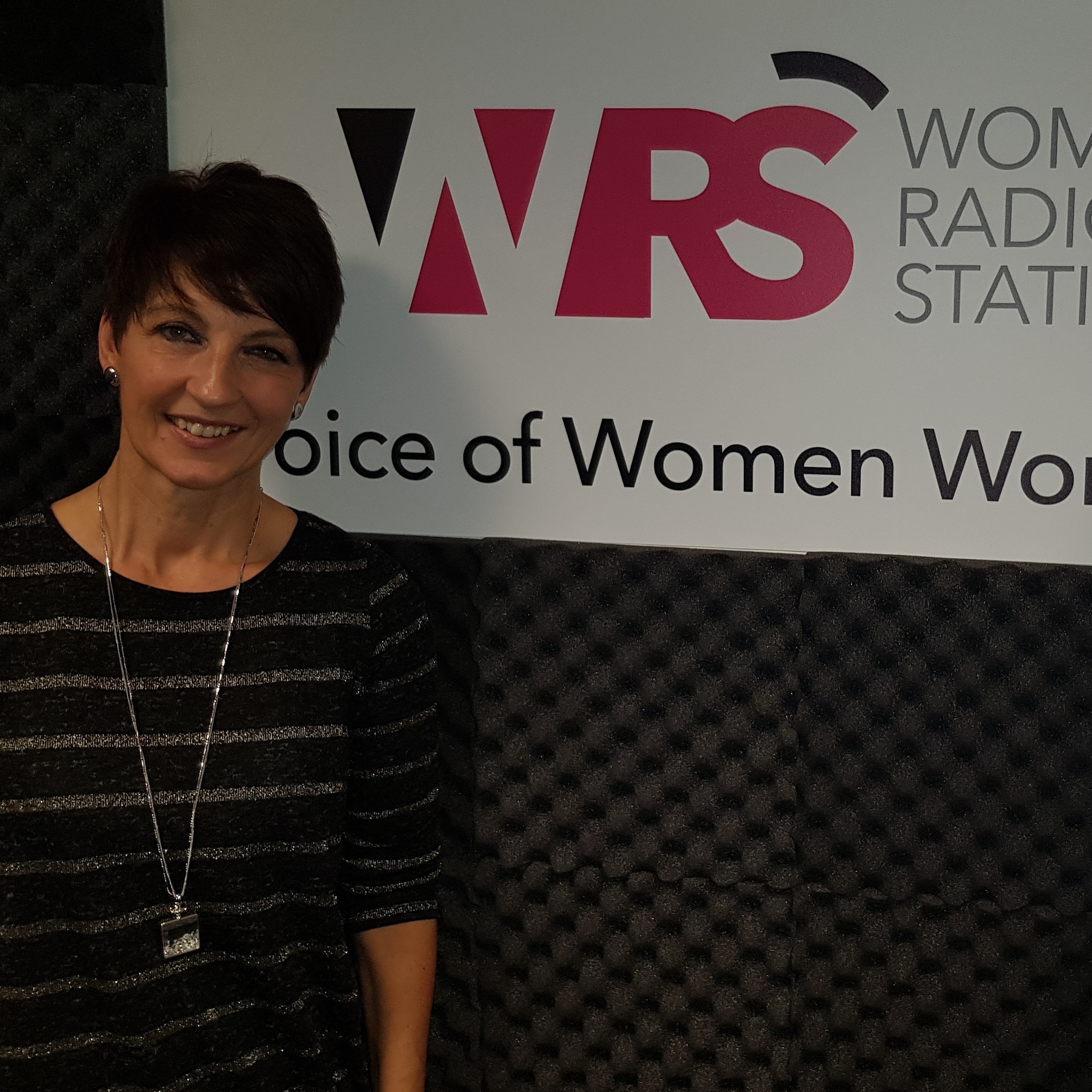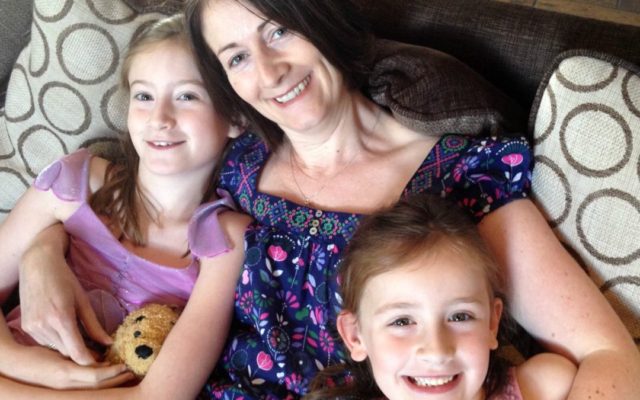The latest guest on Anna’s radio show ‘All Things Autism’ on Women’s Radio Station was Steph Curtis. Steph is mum of two girls aged 13 and 11; her youngest daughter Sasha is autistic. Steph started writing her blog (www.stephstwogirls.co.uk) over nine years ago, on the day Sasha was diagnosed with autism at the age of two.
The blog was called Steph’s Two Girls because Steph realised that the diagnosis would also have an ongoing impact on the life of Sasha’s sibling.
Steph talked about their family’s experience of diagnosis and the light bulb moment which happened when they came across the term Pathological Demand Avoidance (PDA) and realised it described their daughter.
Steph says ‘I was thrilled to be able to come and talk with Anna about Pathological Demand Avoidance, because I’m passionate about trying to ensure that as many people as possible understand what this means’. She explained that ’Pathological Demand Avoidance is a profile of autism.

Children and adults with PDA generally have extremely high anxiety levels and they avoid everyday demands and expectations to an extreme extent.
Children with PDA often seem sociable (although they can lack understanding), they have great imaginations and appear comfortable with role play.
The phrase ‘can’t help won’t’ is often used about those with PDA, meaning that they can’t help the fact that they won’t, or are unable to do things at times.
Refusal can be down to many factors, such as sensory issues or fear of the unknown, but it can also be because a build-up of demands leads to extreme anxiety which can overspill. Children are often said to be naughty and parents are blamed or judged for their bad behaviour because it can be difficult to see the underlying causes of their anxiety.’
The PDA Society is a charity run by parents of children and young adults with PDA. There is a wealth of information about PDA on their website (www.pdasociety.org.uk), and they offer advice to parents and carers via web forums and an email contact helpline. They are involved in further research and also run training courses all about PDA for parents, carers, educators and medical professionals.
The difference between PDA and ODD (Oppositional Defiant Disorder) was discussed; Steph has a post on her blog explaining in detailbut in short, PDA is a Spectrum condition whereas ODD is not. It’s also important to recognise that strategies helpful for ODD are not found to be effective with PDA. Steph has written a blog post suggesting some strategies for PDA and she summarised them as ‘reduce the demands as much as possible.
Offer choices, but only a couple at a time so as to not be confusing. Plan ahead, but always be flexible and have a plan B, X, Y, and Z. Stay as calm as possible because any sign of anger or rushing in your voice increases anxiety.
Build trusting relationships – understanding is so important. Use the right language – humour works really well, but also try not to use words such as ‘must’, ‘have to’ ‘should’ or ‘need’ unless in a real emergency.’ More detail is in her blog post titled ‘Strategies for PDA’.
You can listen to the interview every day this week.at 1pm on Women’s Radio Station
Anna also shared her speech she gave outside Westminster – click here for details of the speech
Steph can be found on Facebook, Instagram and Twitter as @stephstwogirls.




